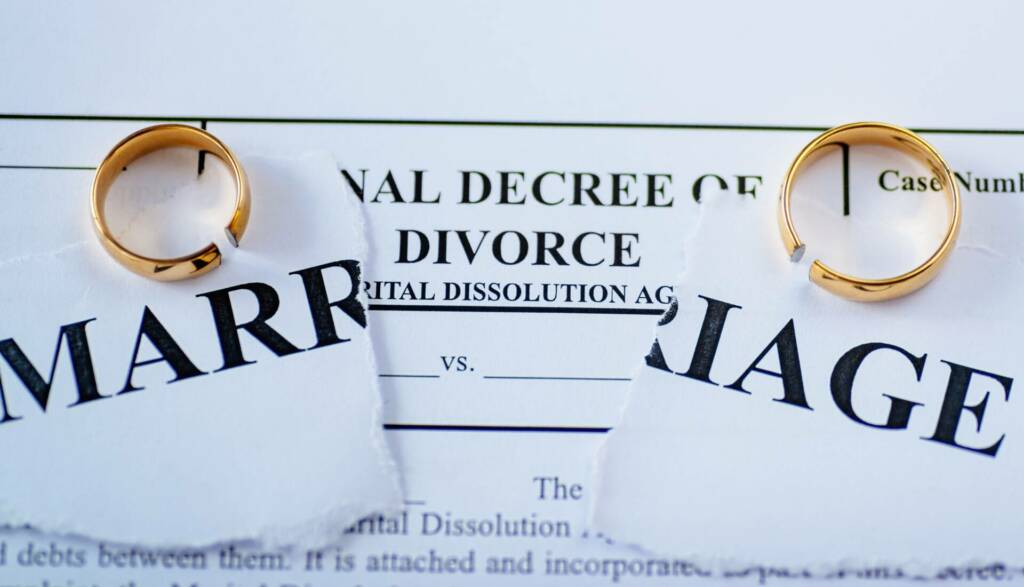Domestic violence charges can come with serious legal consequences that can affect eligibility for employment and education. If these charges get out, relationships with family and friends can fall apart. This is why defending yourself against false allegation charges is important for preserving your future. An accuser who exaggerates what actually happened or completely fabricates a story for their benefit can face charges themselves. Talk to a Tennessee criminal law lawyer to see what you can do to defend yourself.
False Allegation Crimes
are defined as any kind of fabricated offense submitted to police for investigation. These types of allegations not only take time away from investigating other allegations that actually happened, but they
can also impact you in several ways.
Domestic violence charges can negatively impact your ability to keep your job, apply for a new job, or be accepted into a university to further your education. This can put an unnecessary hold on your career and your life. Friends and family members who hear about these charges may automatically assume they are true. Strained relationships can result and leave you feeling alone.
The truth is that you are not alone. Many others have had to deal with the aftermath of false allegations and have struggled to regain their reputation. One way you can repair your reputation is to fight these charges by talking to an experienced lawyer. A lawyer can help you collect the evidence you need to defend yourself. The right lawyer will have experience with domestic violence cases and false allegation crimes.
Legal Consequences of Domestic Violence Charges
Certain are considered felonies that can fall under the Violence Against Women Act (VAWA) or the Gun Control Act. Under the VAWA, you can be charged with a domestic violence felony if you caused injuries, stalked, or harassed an intimate partner. You can also face these same charges if you are found in violation of a Protection Order.
To fall under the Gun Control Act, you will need to be accused of possessing a firearm after a Protection Order or misdemeanor domestic violence charge has been applied to you. A misdemeanor for domestic violence is given when you have been accused of threatening to use a weapon or attempting to use physical force.
It should be noted that an intimate partner does not have to be married to you, but can be an ex-spouse or a partner who is living with you. Understanding all of these legal factors can help you figure out the overall situation.





